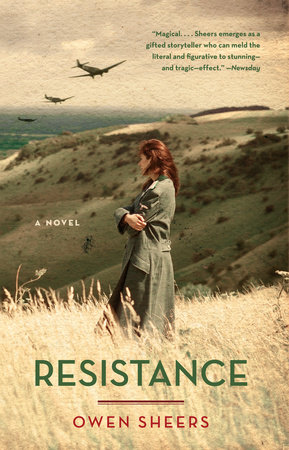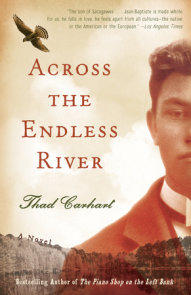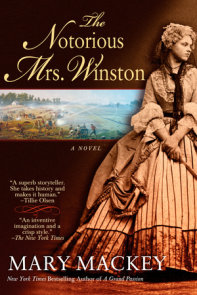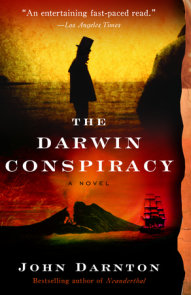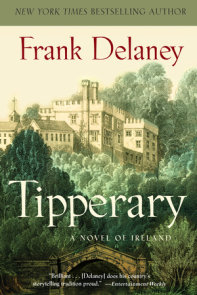READERS GUIDE
“Magical. . . . Sheers emerges as a gifted storyteller who can meld the literal and figurative to stunning—and tragic—effect.”—Newsday
The introduction, questions, and suggestions for further reading that follow are designed to stimulate your group’s discussion of Owen Sheers’s mesmerizing novel, Resistance—a beautifully written and powerful story set during an imagined occupation of Britain by Nazi Germany in World War II.
Introduction
In a remote and rugged Welsh valley in 1944, in the wake of a German invasion, all the men have disappeared overnight, apparently to join the underground resistance. Their abandoned wives, a tiny group of farm women, are soon trapped in the valley by an unusually harsh winter—along with a handful of war-weary German soldiers on a secret mission. The need to survive drives the soldiers and the women into uneasy relationships that test both their personal and national loyalties. But when the snow finally melts, bringing them back into contact with the war that has been raging beyond their mountains, they must face the dramatic consequences of their choices.Questions and Topics for Discussion
1. Discuss the ways in which the very specific landscape and setting of the novel not only allows the isolationist plot to develop but also lends the narrative both an important historical and thematic context.
2. To whom or to what does the novel’s title, Resistance, apply? To what extent does Albrecht fulfill the literary figure of the “Good German?” Is he, in fact, a “good” man?
3. What does the development of Sarah’s diary entries to Tom tell us about her personal development across the arc of the novel?
4. Towards the end of the novel Bethan thinks to herself, “Better by far to live in the truth and know it, however bad it might be, than hide yourself away behind ignorance and habit” [p. 287]. Don’t some of the characters prove otherwise?
5. Two particularly striking “hinge” scenes in the book are the playing of a Bach cello suite and the shooting of a horse. What are the overall significance of these scenes within the book as a whole?
6. Who or what is George aiming at in his final scene in the book?
7. Is Maggie a collaborator or a defender of her way of life and the other women?
8. Discuss the significance of the quotations used to lead into each of the three parts of the novel.
9. The German invasion of Britain was a very real threat during the early part of World War II in 1940/41. Does Sheers’s reimagining of the invasion in 1944 seem believable? Why do you think Sheers chooses to set his invasion in 1944, as opposed to the more likely 1941?
10. What do you know about the real Resistance movement in Britain?
11. To what extent is Resistance an anti-war novel?









